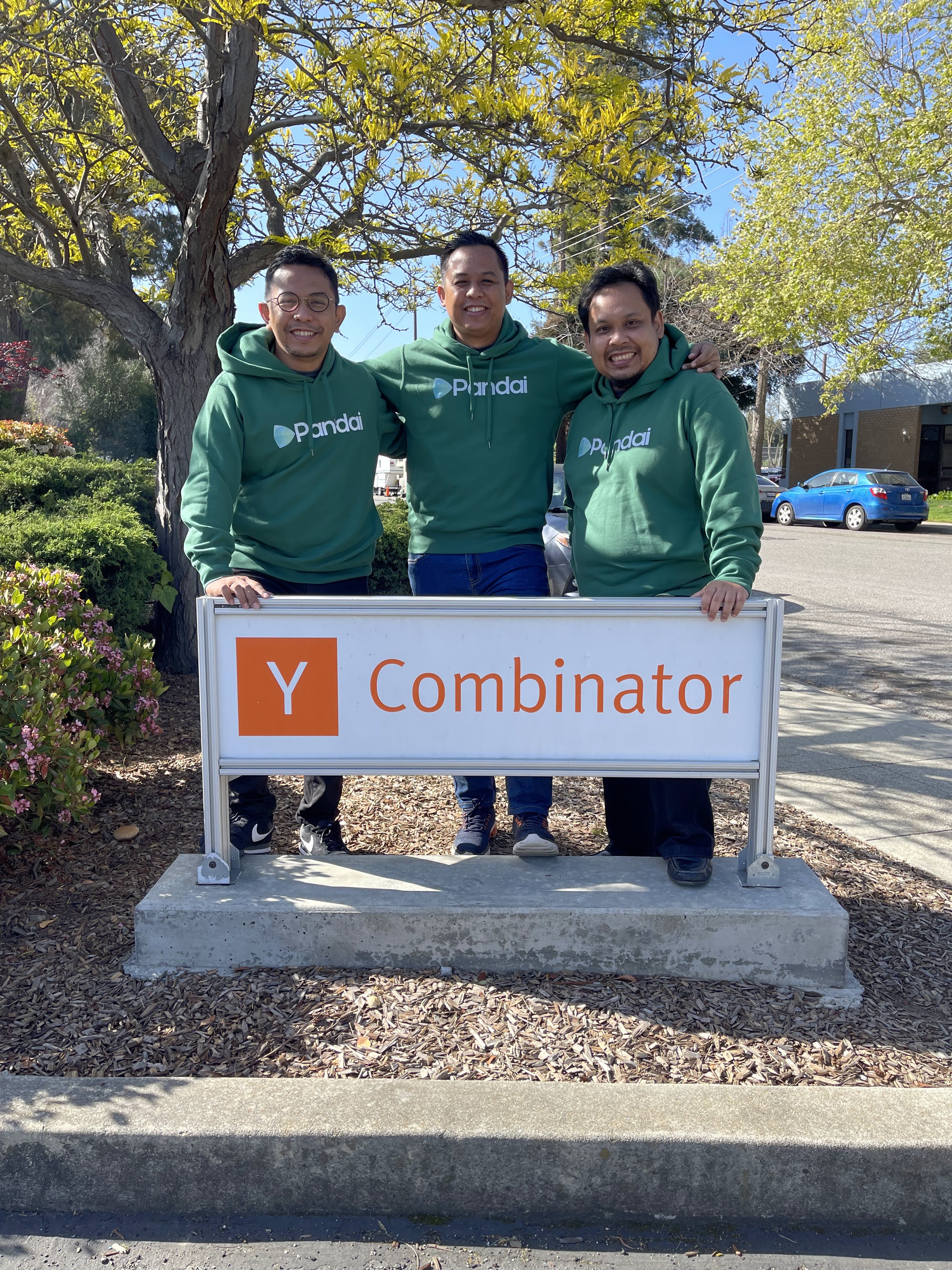
In the summer of 2021, Pandai was accepted to the Y Combinator (YC) program. For those who are not familiar with the global startup scene, getting into YC is akin to getting into an Ivy League university for your undergraduate studies. It is selective and prestigious.
(I mentioned to my team that I got hit by lightning twice, 20 years apart.)
There were lots of things that we learned from the YC program, which may be worth 5-10 blog entries. When we first got the news, we did not believe it at first, since there were more than 16,000 applicants for less than 400 slots in the batch. We felt super lucky to be admitted at our very first application, since it is common for startups to fail several times before being accepted by YC. Being the only Malaysian in the batch added to our sense of pride (initially, there was another Malaysian company, but they dropped out mid-program).
Let me share the biggest takeaways from the whole three-months program:
- Build and ship fast – YC (specifically Michael Seibel, our group mentor) taught us about the Product Development Cycle (PDC), a framework on how startups should develop their product. Pandai adopts the PDC framework, which makes us work on new products/features every 2 weeks and ship them as quickly as possible to our users. The idea is not about getting it right the first time (nobody does), but about getting the quickest feedback from users, even if the feedbacks are largely negative. For early-stage startups, feedbacks are breakfasts of champions.
- Talk to users – among the founders of Pandai, Akmal is the one most diligent in conducting user interviews regularly. I was always giving excuses — too busy, too much on my plate, too much paperwork, etc. — but the fact is, most times I was too chicken. I simply disliked making cold calls to customers, let alone asking them for feedback. This is a bad trait, and had I been a solo founder, I would have failed. Entrepreneurs might feel that the products should speak for themselves but in reality, we need to talk to customers directly to learn exactly what they want. YC hammered into us that user interviews are extremely important. The Mom Test is a comprehensive how-to book for user interviews.
- The proper way to fundraise – prior to YC, we attended several accelerator programs, all of which focused heavily on fundraising. Yet, due to the experience of the YC partners and mentors, and the sheer number of funding rounds closed by YC companies, the fundraising advice we got was right on the spot. We managed to close our seed round barely 2 months after YC demo day. Thanks to YC too, we had a huge funnel of investors (we talked to no less than 100 investors), which enable to play chooser instead of beggar.
YC’s motto is “Make Something People Want”. Make Something relates to point 1 above, and People Want relates to point 2. At the beginning of the program, they mailed us a YC-branded mug with the motto printed on it. It is still on my work desk at home, as a constant reminder to keep building and keep delighting our users.
